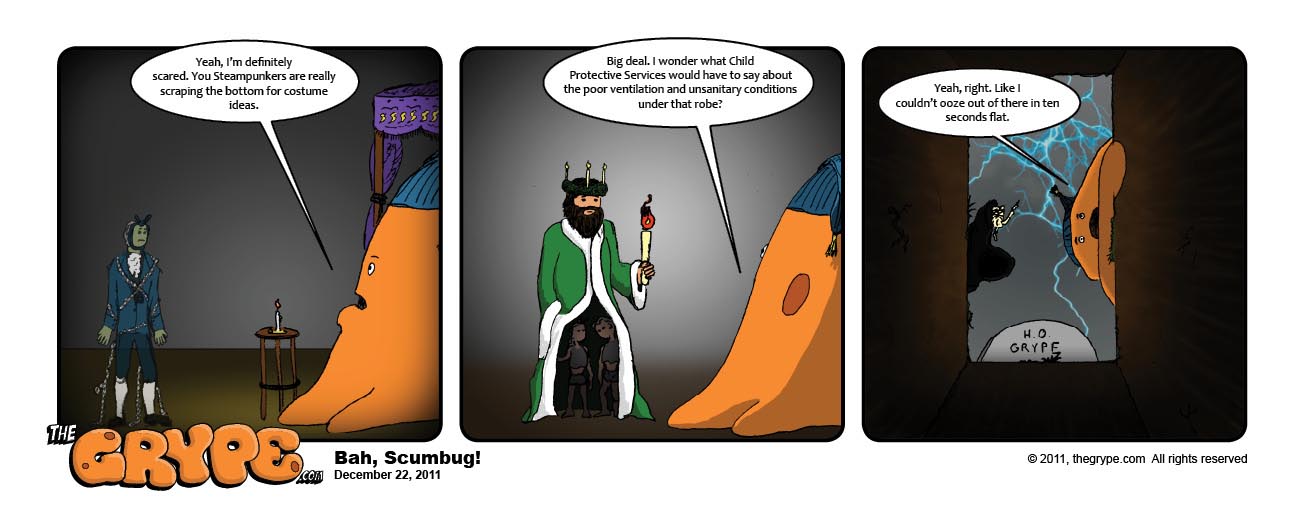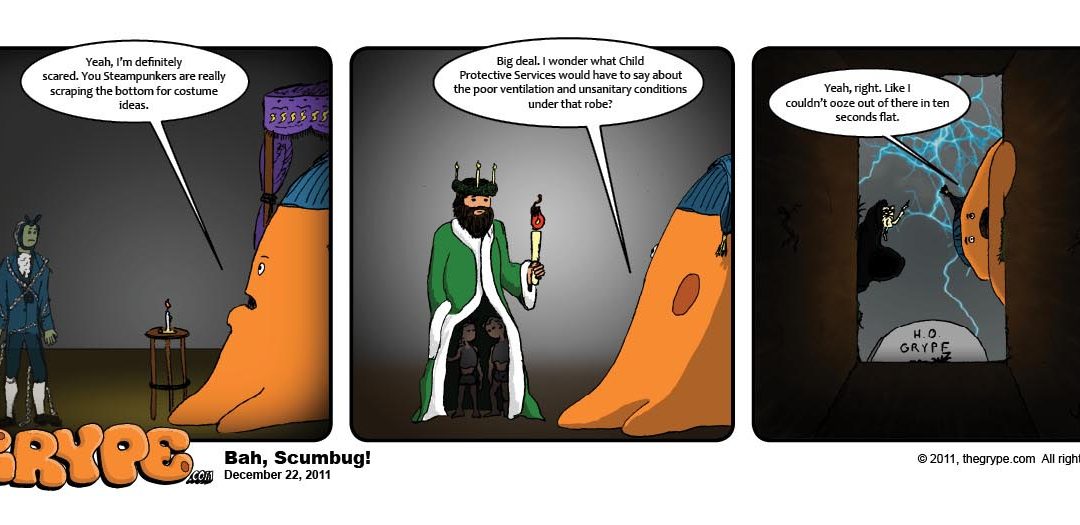 Every business must foster the type of working environment it deems appropriate. Modern management philosophy increasingly focuses on cost reduction; yet in honor of the season, I present two diametrically-opposite corporate workplace models. Anyone familiar with the Charles Dickens Christmas classic, A Christmas Carol, should recognize them immediately.
Every business must foster the type of working environment it deems appropriate. Modern management philosophy increasingly focuses on cost reduction; yet in honor of the season, I present two diametrically-opposite corporate workplace models. Anyone familiar with the Charles Dickens Christmas classic, A Christmas Carol, should recognize them immediately.
THE SCROOGE MODEL
Named for the famous Dickensian miser. In the Scrooge model, upper management rules through fear and intimidation. It is a traditional “cellular” workspace model in the worst possible sense of the term, the sole overriding purpose of which is to focus productivity while cutting costs. Scrooge’s sole employee, Bob Cratchett, works extremely long hours in a cramped office space, inadequately heated by a small coal stove. When the fire needs to be replenished with fresh coal, upper management provides it only grudgingly, and browbeats Cratchett for making the request. Despite the fact that Cratchett is an accounting clerk tasked with maintaining Scrooge’s ledgers, only a single candle is provided to light (and supplementarily heat) Cratchett’s personal workspace. Despite the terrible discomfort of these working conditions, Cratchett is paid a ridiculously low salary—only 15 shillings a week (or $51.31, adjusted from 1840 British coinage into 2011 dollars)— for which Cratchett works daily from 9 AM until late (after 7 PM, it is implied), and apparently only receives one paid holiday off each year (Christmas Day). If he expresses ANY dissatisfaction whatsoever he is immediately threatened with unilateral termination of his position.
The end result is that Scrooge squeezes a lot of extremely cheap labor from poor, miserable Bob Cratchett… but the model is unsustainable. Cratchett will inevitably leave to take a position at a more appreciative firm, and may prove difficult to replace. Meanwhile, the quality of the work being done cannot be very good.
THE FEZZIWIG MODEL
In the Fezziwig model— which is named after Scrooge’s beloved former employer, Fezziwig, and is an “activity settings/community” based workspace— upper management encourages industriousness among its employees by granting them ample time and the best available tools to perform their work on an actively-shared production floor, while also allowing them some leeway in when and how their duties are accomplished. Much effort is expended creating a safe, comfortable work environment, and a great deal of care is taken to encourage company pride and a heavy personal investment in company goal structures by the employees, who are included in an almost-familial group. Interactive social events are sponsored by the company during off-hours for the benefit of all employees.
The end result? Those employees feel valued and supported, and have excellent morale. They enjoy coming to work, they like being at work, and they are happy while doing their work. They are ultimately far more loyal and individually productive than any poor drudge working in a less-hospitable work environment— any additional expense paying for itself in the long term in better oversight management and the high quality of customer service.
Even Ebenezer Scrooge himself is inspired to defend Fezziwig’s practices when the Ghost of Christmas Past dares trivialize them:
“He has spent but a few pounds of your mortal money,” said the ghost, “three or four perhaps. Is that so much that he deserves this praise?”
“It isn’t that, Spirit. He has the power to render us happy or unhappy; to make our service light or burdensome; a pleasure or a toil. Say that his power lies in words and looks; in things so slight and insignificant that it is impossible to add and count ’em up: what then? The happiness he gives, is quite as great as if it cost a fortune.” — Charles Dickens, A Christmas Carol
Good business, it would seem, must allow for the needs and good will of its people. And maybe there is more to “business” than just the final tally at the bottom of a balance sheet, as the tormented soul of Jacob Marley assures old Scrooge:
“Business!” cried the Ghost. “Mankind was my business. The common welfare was my business; charity, mercy, forbearance, and benevolence, were, all, my business. The dealings of my trade were but a drop of water in the comprehensive ocean of my business!” — Charles Dickens, A Christmas Carol
In that spirit, we here at TheGrype.com would like to wish each of our readers a happy holiday of whatever flavor they prefer.
Merry Christmas to all, and to all a good Grype!

